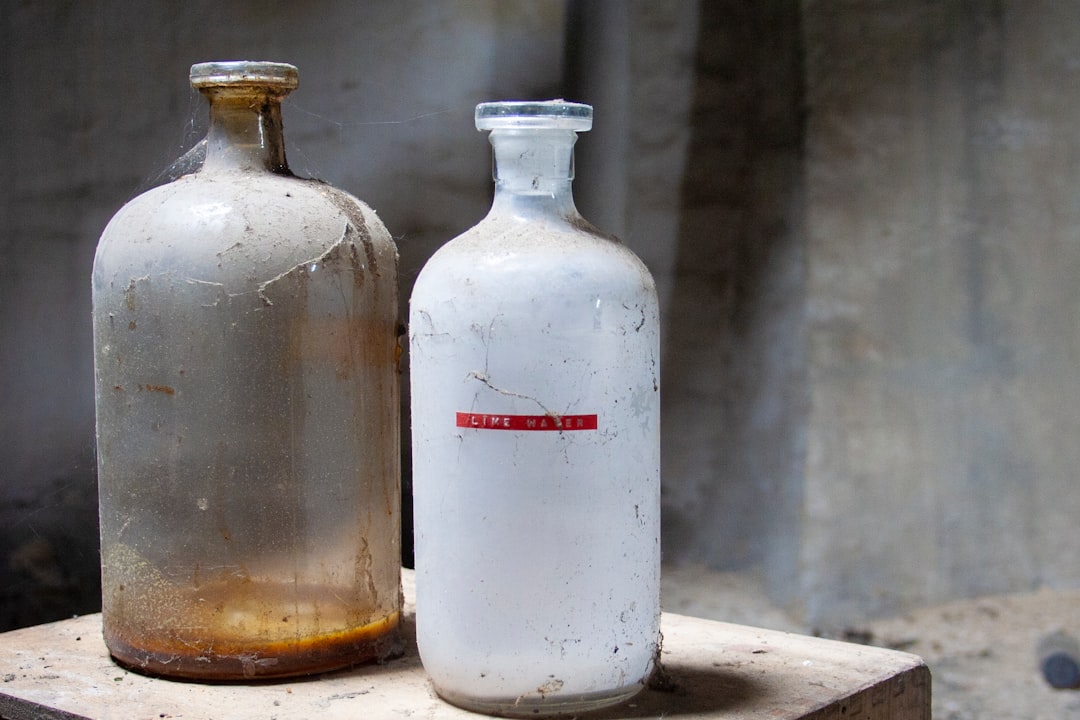What is it about?
Long-term heavy metal pollution may induce the reduction of soil carbon and nitrogen concentration and the increase in soil C/N ratio. The response of soil C and N to metal pollution varied greatly with pollution intensity, ecosystem type, the intital properties of soil and the climate factors.
Featured Image
Why is it important?
Heavy metal pollution can directly influence the food safety and human health. Many studies also reported the influences of heavy metal pollution on soil organic matter mineralization and plant growth. However, few studies focused on the status of C and N concentrations in long-term metal polluted soils. Knowledge about this problem would be helpful to improve soil quality, remediate polluted soil and control the greenhouse gases emission from soil.
Perspectives
Heavy metal pollution can deteriorate the quality of polluted soil by decreasing soil C and N concentrations, and then affected the productivity of soil. It will be important for the phytoremdiation of metal polluted soils that the improvement in soil organic matter would increase the productivity of plant and then the phytoremediation efficiency. In addition, improvement in C and N stocks in polluted soils are also a effective method to the greenhouse gases mitigation worldwide.
PhD Tong Zhou
Institute of Soil Science, Chinese Academy of Sciences
Read the Original
This page is a summary of: Changes in organic carbon and nitrogen in soil with metal pollution by Cd, Cu, Pb and Zn: a meta-analysis, European Journal of Soil Science, March 2016, Wiley,
DOI: 10.1111/ejss.12327.
You can read the full text:
Resources
Contributors
The following have contributed to this page










